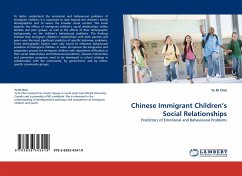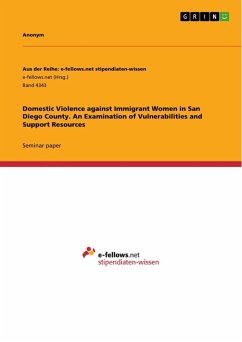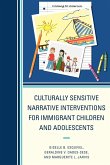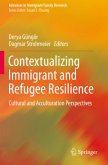The discourse of culture is a prevalent paradigm to explain the integration outcomes of immigrants in our society. From a critical perspective, the discourse of acculturation can be used to perpetuate social power imbalances by universalizing dominant culture, obscuring the effects of social power imbalances and essentializing immigrant identities. This research examines the social justice implications of the public discourse on immigrant families through a critical discourse analysis of three popular culture films with the central theme of immigrant family conflict. Analysis of the films reveals that the discourse of immigrant family pathology is present in the narrative structure of all three films. At the same time, all of the films also represent counter narratives that highlight the complexity and fluidity of contemporary immigrant identities. It is argued that the films represent the protagonists engaging in the process of challenging both mainstream and traditional essentialized cultural identities. This process, termed the third space by Bhabha (1990), is argued to have emancipatory potential for immigrant communities and for the pursuit of social justice.
Hinweis: Dieser Artikel kann nur an eine deutsche Lieferadresse ausgeliefert werden.
Hinweis: Dieser Artikel kann nur an eine deutsche Lieferadresse ausgeliefert werden.








